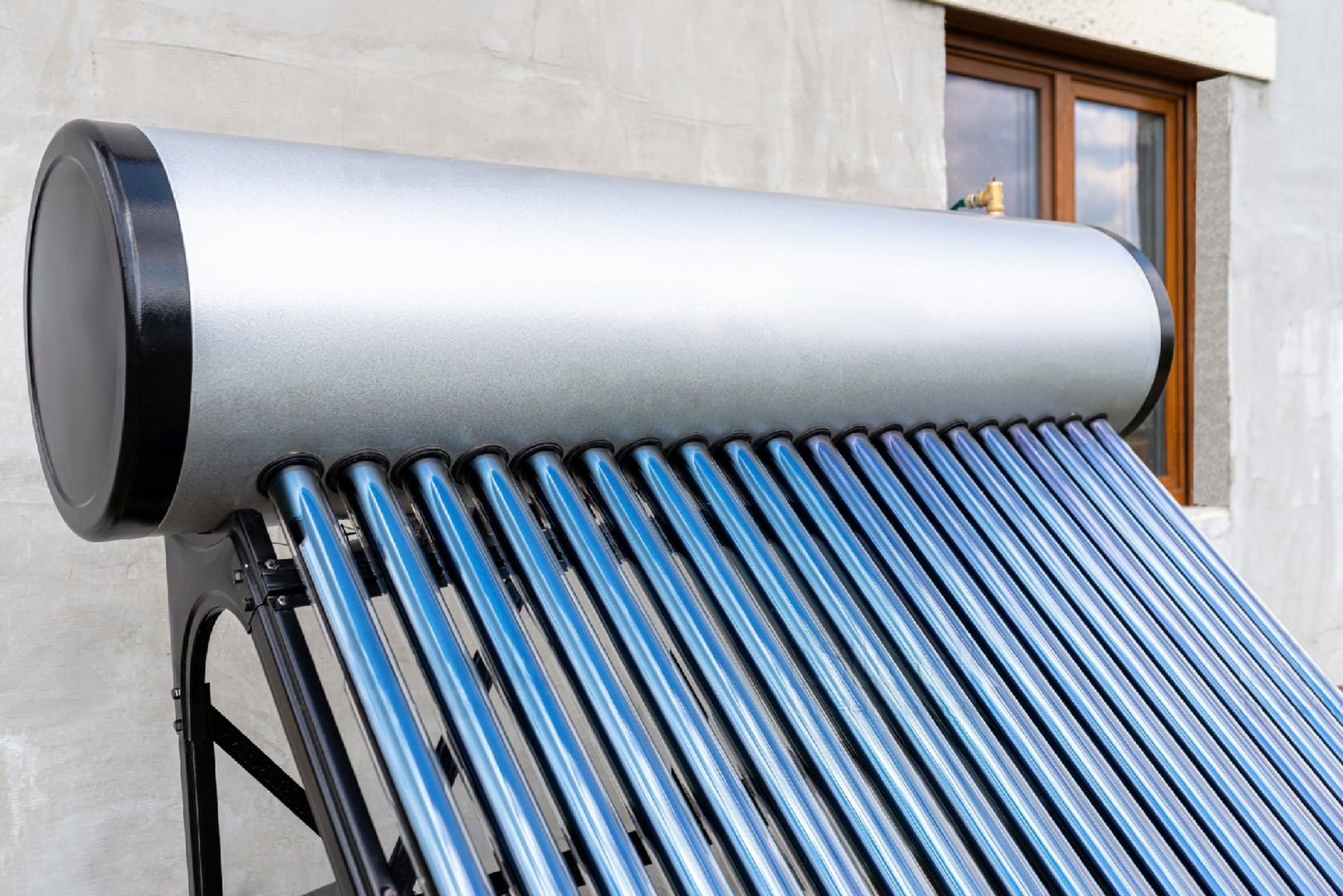Solar water heaters have become a popular replacement
Solar water heaters have become a popular alternative to traditional electric and gas water heating systems. These systems harness the renewable energy from the sun to heat water, reducing energy consumption and ecological footprint. However, the performance of solar water heaters can be affected by various factors, including efficiency losses, temperature retention, and mismatch between solar radiation and energy demand.
In this article, we will discuss the importance of optimizing performance in solar water heater architectures, the current design limitations, and strategies for improvement.
Current Design Challenges
Conventional solar water heater designs often employ a simple flat-plate collector with a blackened surface to absorb solar radiation. However, these designs suffer from several limitations, including:
- Limited absorption efficiency
- Thermal energy storage limitations
- Insufficient energy generation
Optimization Strategies
To overcome these challenges and improve the performance of solar water heater architectures, several optimization strategies can be employed:
- Enhanced energy absorbers
- Increased temperature retention
- Smart energy optimization
- Predictive energy management
- Heat retention solutions
Implementation and Benefits
Implementing these optimization strategies can lead to significant improvements in solar water heater performance, including:
- Enhanced thermal efficiency
- Improved temperature stability
- Enhanced energy independence
- Minimized ecological harm
Conclusion
Optimizing performance in solar water heater architectures is crucial to improve their overall impact. By incorporating advanced collector designs, solar water heaters can become a sustainable alternative to traditional water heating systems. As the demand for clean energy continues to grow, it is essential to develop and implement more effective solar water heater architectures to meet our energy needs.





